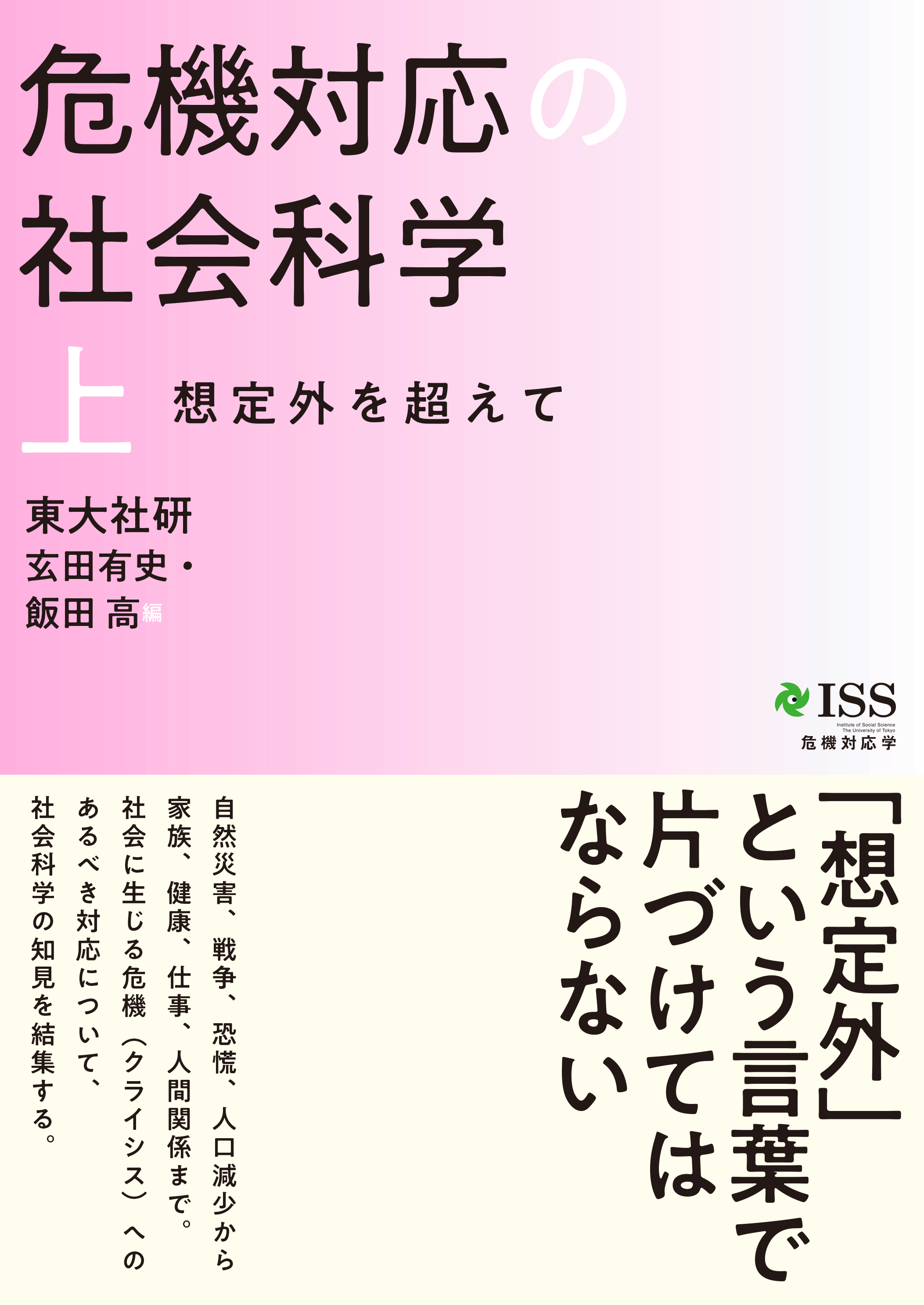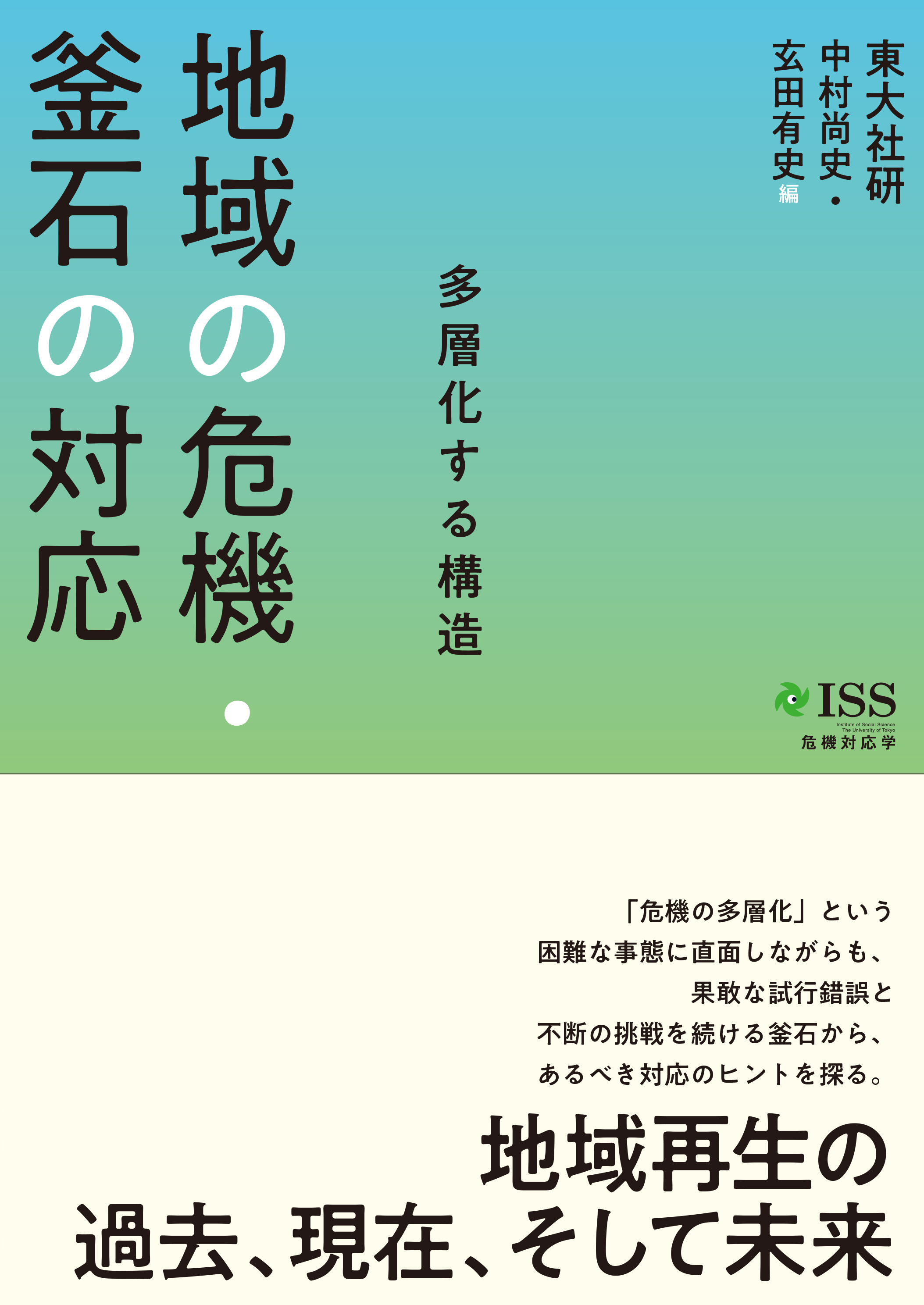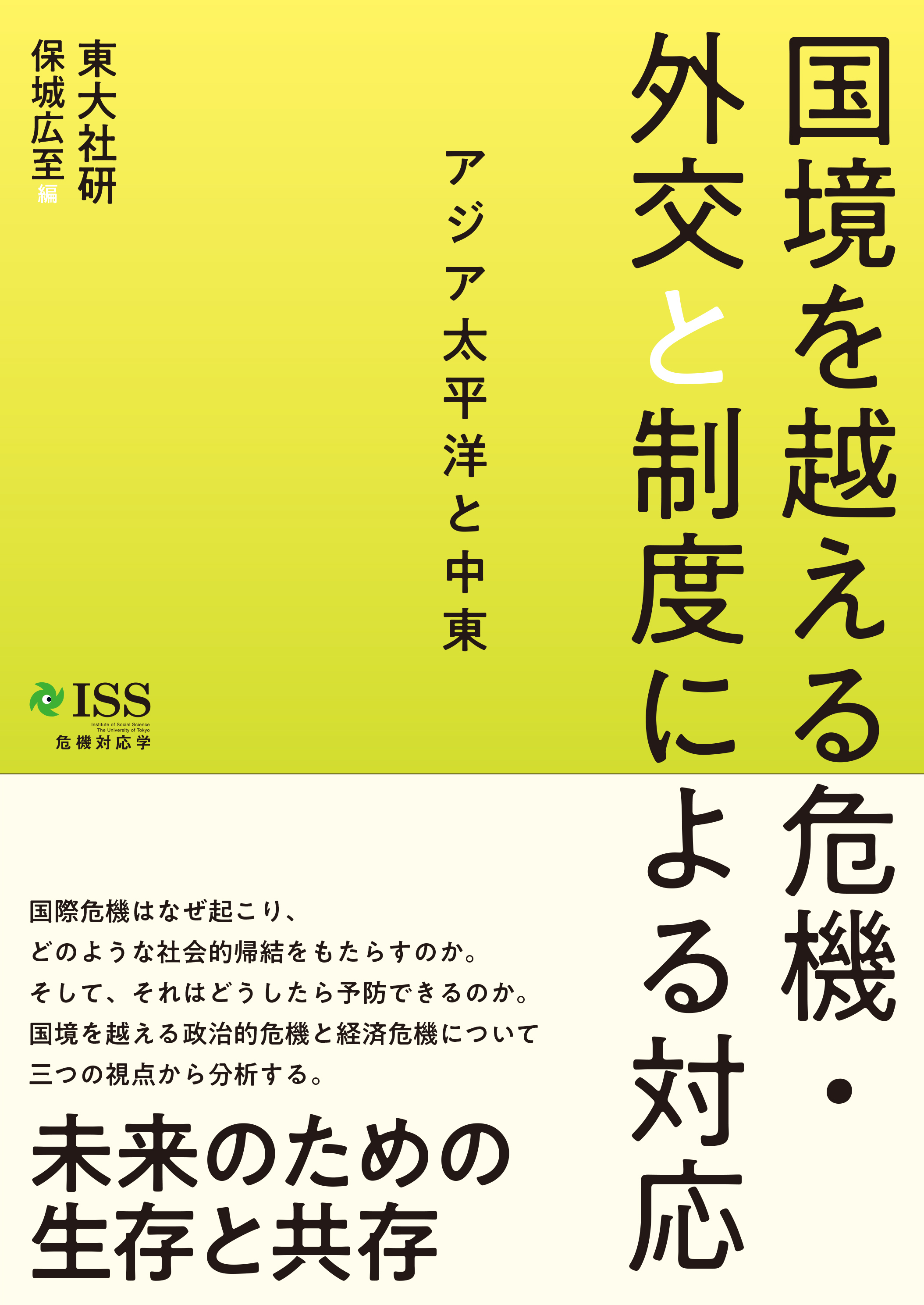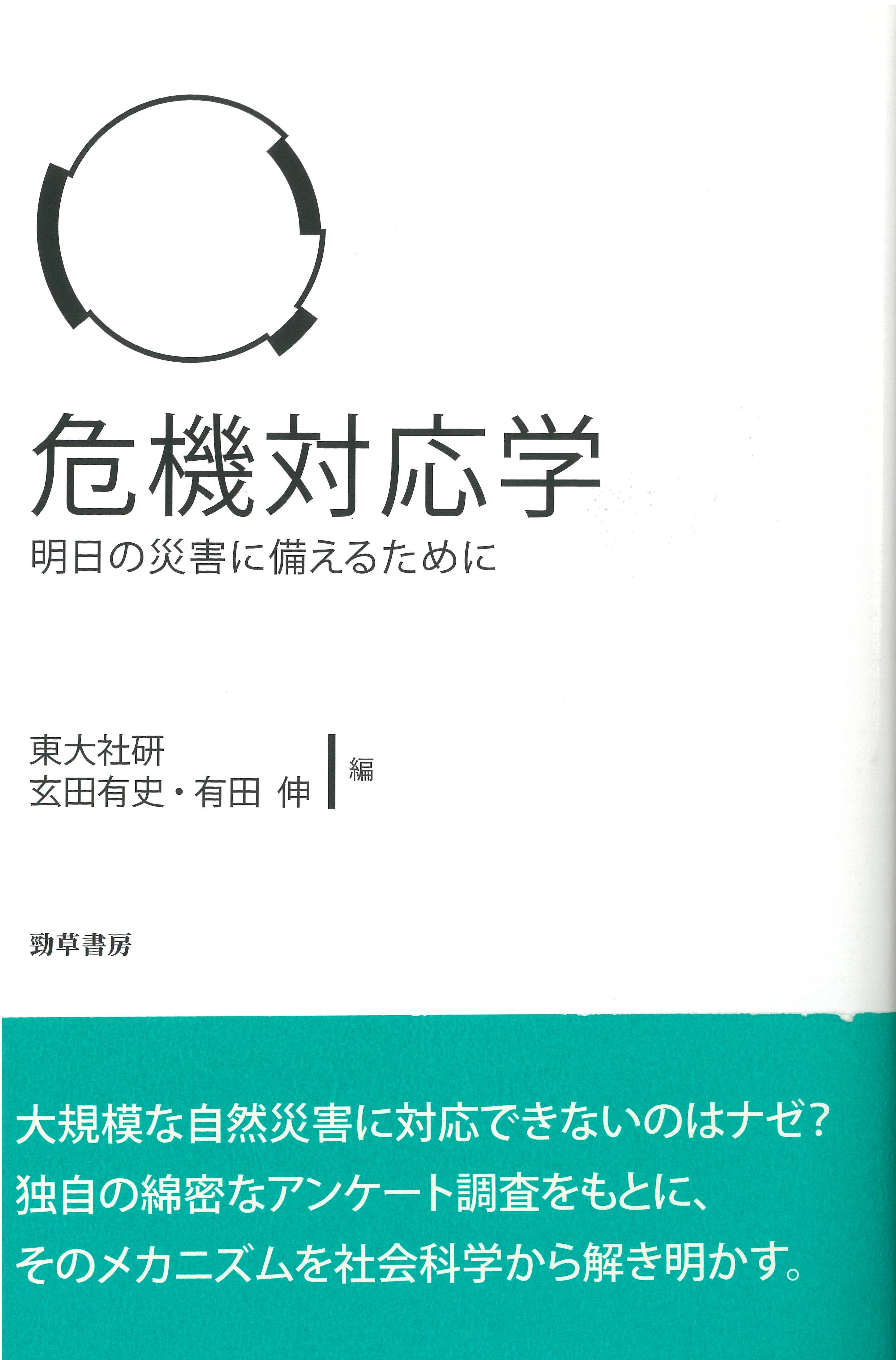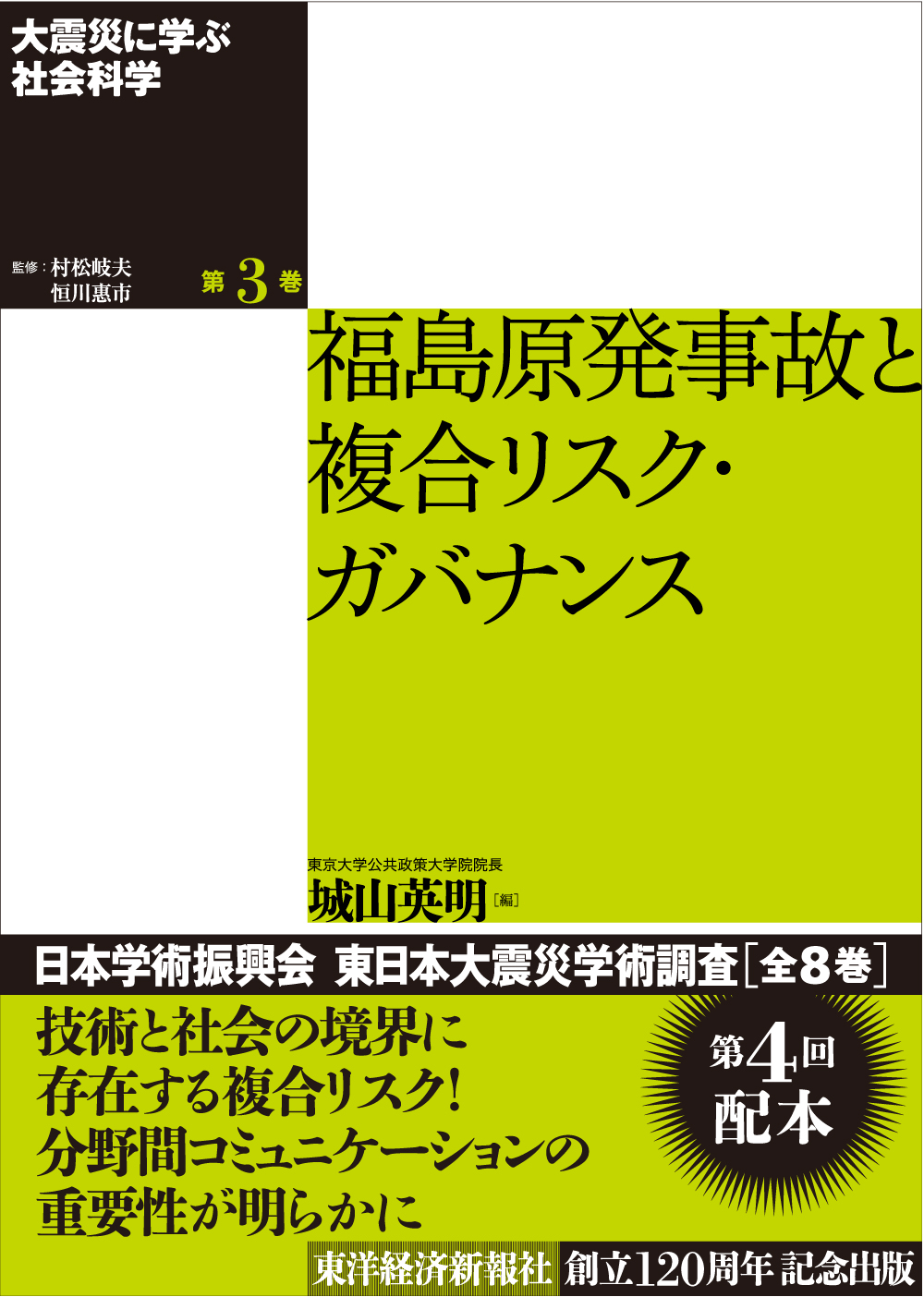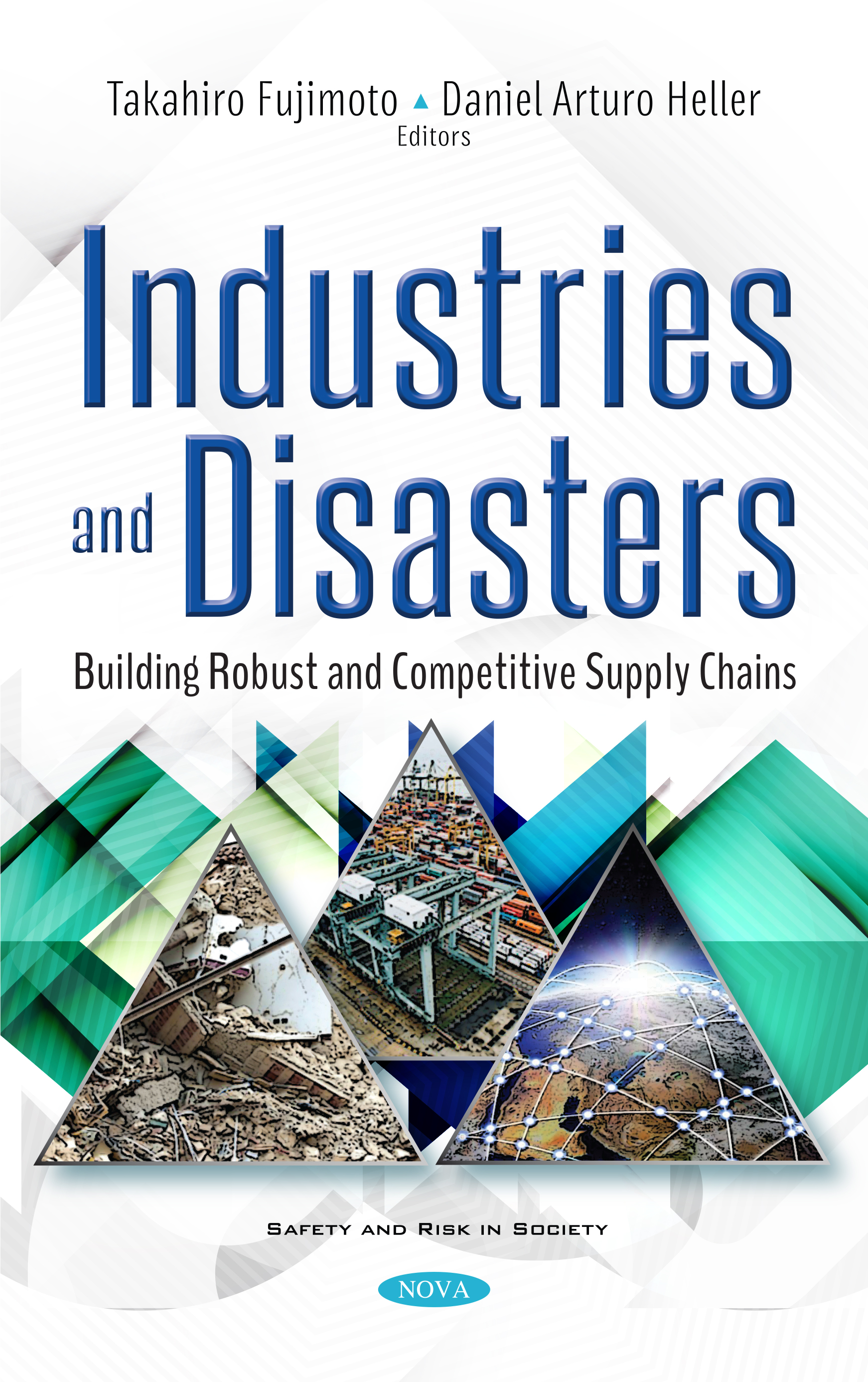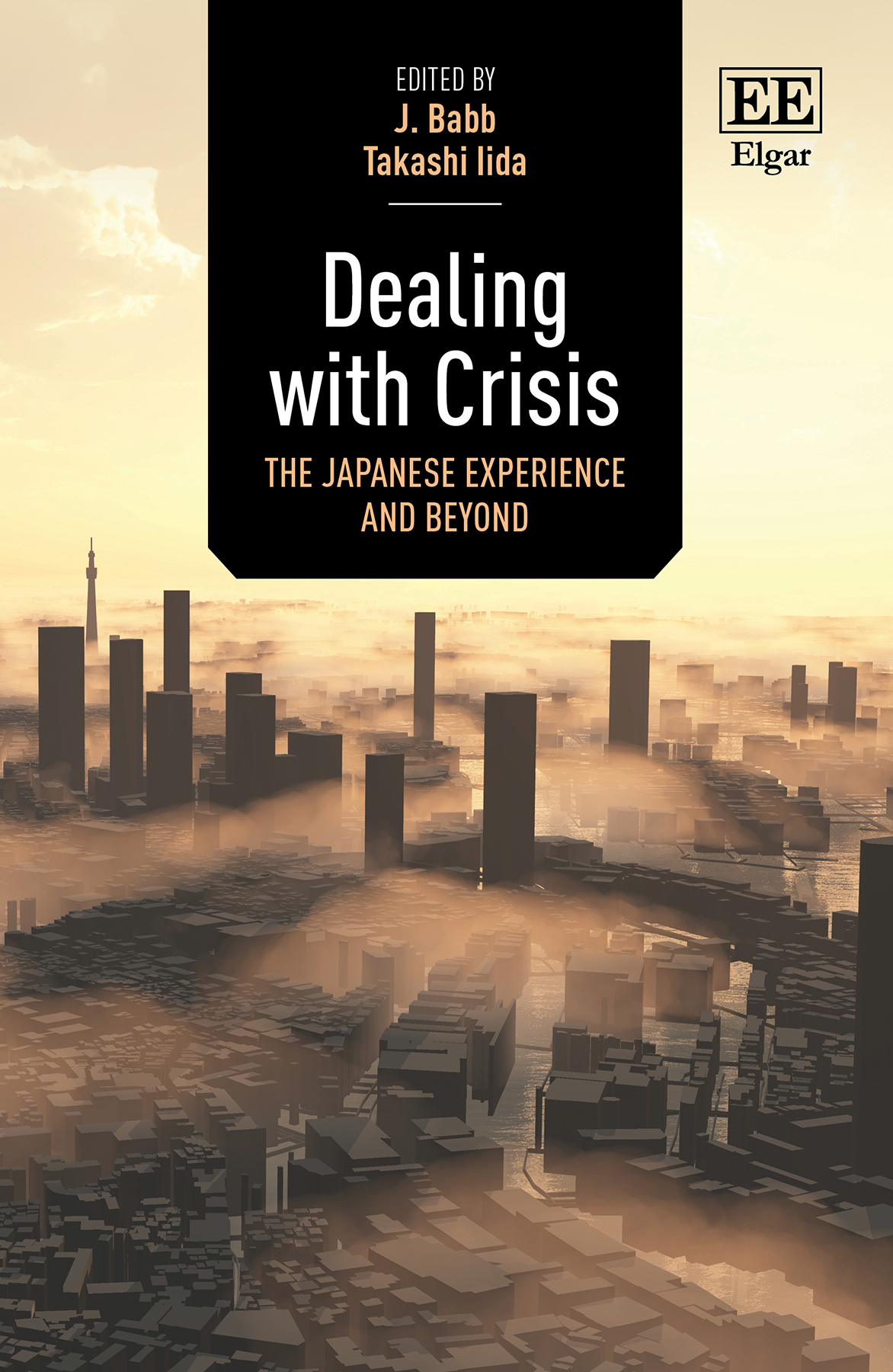
Title
Dealing with Crisis The Japanese Experience and Beyond
Size
224 pages, A5 format
Language
English
Released
June 01, 2023
ISBN
9781035300655
Published by
Edward Elgar Publisher
Book Info
See Book Availability at Library
Japanese Page
There is much that the world can learn from the experience of Japan with crisis. In this book, top scholars at the University of Tokyo in Japan provide their insights into crisis from the Japanese perspective.
The work begins with two chapters on the psychological and institutional constraints in dealing with crisis written respectively by Shin ARITA and Takashi IIDA. Naturally, the Great East Japan Earthquake of 2011 figures prominently in two chapters; one by Naofumi NAKAMURA focused on the reaction of local society and business in particular, and one by Toshihiro MATSUMURA on the energy industry in the aftermath of the Fukushima Nuclear Disaster. The wider legal and institutional implications of crisis are explored by Hiroyasu ISHIKAWA in terms of contract law, Tomonobu HAYASHI in regard to the use of “State of Emergency” declarations, and Takeshi FUJITANI on Japan’s ongoing fiscal crisis. Finally, there are two chapters on crisis in and between China and Japan with a study of war crises and the relocation of key facilities by Tomoo MARUKAWA and Asei ITŌ’s research on contemporary public sentiment toward relations between China and Japan.
This volume reflects the depth of Japanese experience with crisis and provides valuable guidance for thinking about and planning for crises in a way that goes beyond standard works on “crisis management”.
This is an open-access publication so its insights can be shared freely around the world.
(Written by James David Babb, Specially Appointed Researcher and IIDA Takashi, Professor, Institute of Social Science / 2024)
Table of Contents
1 Dealing with crisis: the Japanese experience and beyond
J. Babb and Takashi Iida
PART I HOW PEOPLE THINK ABOUT CRISIS
2 How can we prepare for something we don’t want to think about? Disaster readiness and negative capability
Shin Arita
3 Bricolage by institutions: towards the recreation of norms and organizations
Takashi Iida
PART II THE GREAT EAST JAPAN EARTHQUAKE AND ASSOCIATED CRISES
4 Transforming a crisis into a turning point: the response of businesses to the Great East Japan Earthquake
Naofumi Nakamura
5 Electric power crisis and crisis response after the Great East Japan Earthquake
Toshihiro Matsumura
PART III LAW AND INSTITUTIONS IN THE RESPONSE TO CRISIS
6 Contractual crisis and the doctrine of change of circumstances: the results and contexts of the reform of contract law in Japan
Hiroyasu Ishikawa
7 State of emergency clauses in constitutional law
Tomonobu Hayashi
8 Missing the point: facts and rhetoric about Japan’s fiscal crisis
Takeshi Fujitani
9 The crisis of war and the relocation of key facilities: a comparative historical study of Japan and China
Tomoo Marukawa
10 Japan–China relations “in crisis,” and sentiment toward China
Asei Itō
Index
Related Info
https://www.elgaronline.com/edcollbook-oa/book/9781035300662/9781035300662.xml
Contributors include:
Shin Arita, J. Babb, Takeshi Fujitani, Tomonobu Hayashi, Takashi Iida, Asei Itō, Hiroyasu Ishikawa, Tomoo Marukawa, Toshihiro Matsumura, Naofumi Nakamura
Social Science of Crisis Thinking, Institute of Social Science University of Tokyo
https://web.iss.u-tokyo.ac.jp/crisis/en/
Critical Acclaim
‘Extrapolating lessons from the diverse Japanese experience with disasters, this timely book investigates what policymakers, institutions and individual actors can do when a crisis, in all its unforeseen and multi-faceted complexity, strikes. Multidisciplinary in scope, it makes an important, wide-ranging and fascinating contribution to global crisis studies and disaster management research.’
– Leon Wolff, Hitotsubashi University, Japan
‘An intriguing interdisciplinary collection analysing crises in Japan, whose history has been punctuated by natural and socio-economic disasters. The book uncovers insights into how people think about crisis, the 2011 Great Eastern Japan Earthquake impacts, legal and governmental responses, and how modern Japan’s approach to crises has evolved regarding China. Curated from a University of Tokyo project over 2016–2020, the chapters also set a useful backdrop to assess Japan’s COVID-19 pandemic management.’
– Luke Nottage, Sydney Law School, Australia



 Find a book
Find a book


 eBook
eBook